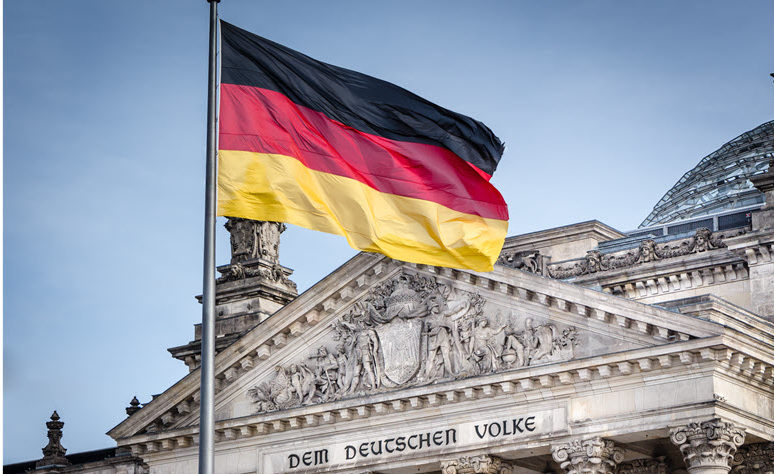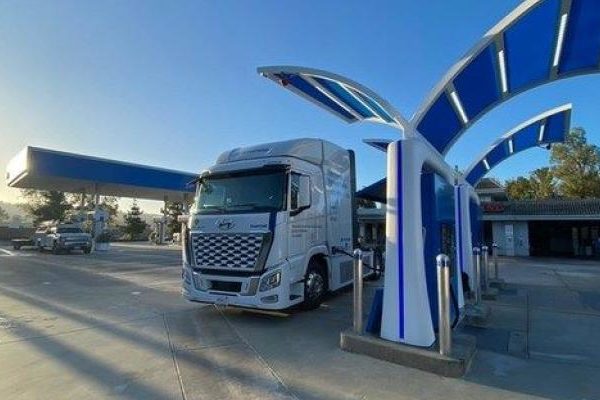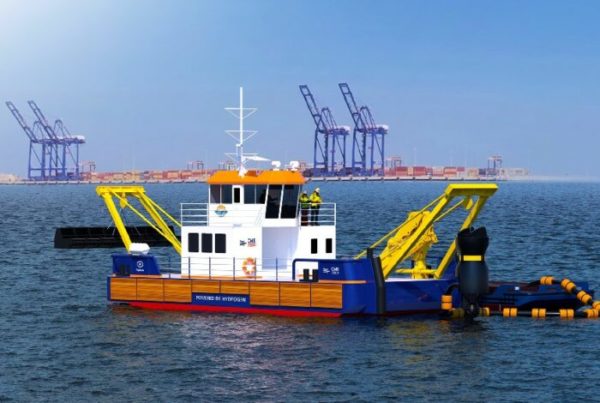
- Germany to tender up to 10 GW gas power plants
- New gas plants must switch to hydrogen by 2040
- Berlin to agree new electricity market design this year
- Plants will help Germany exit coal before 2038
BERLIN– Germany’s government has agreed plans to subsidise gas power plants that can switch to hydrogen, the economy ministry said on Monday, as part of efforts to supplement intermittent renewable energy and speed up the transition to low carbon generation.
The announcement follows pressure from the industry, impatient for detail after the government had promised the strategy last year as Germany counts on hydrogen to help the country move away from gas and coal.
Shares in German utilities RWE and EnBW, whose CEOs were among those urging progress, were up 1.9% and 3.6% respectively at 1034 GMT.
The tender process for the four gas plants with total capacity of up to 10 gigawatts (GW) would take place soon, the ministry said, without specifying when.
It said hydrogen transition plans should be drawn up by 2032 to enable the plants to be fully switched to hydrogen between 2035 and 2040.
The government will also subsidise power plants running exclusively on hydrogen with a capacity of up to 500 megawatts for energy research purposes, the ministry said, without providing financial details.
In addition, Berlin said on Monday a new design for electricity market would introduce a market-based capacity mechanism, to be agreed around the middle of this year to be operational by 2028.
It would reflect increased renewables in Germany’s energy mix, following criticism from environmental campaigners that capacity mechanisms to pay utilities to ensure baseload capacity when intermittent solar and wind power fall short have been used to subsidise fossil fuel production.
DETAILS STILL TO COME
Germany’s utilities association BDEW said the agreement must be followed promptly by a concrete legislative proposal so the first call for tenders take place this year.
Utility Uniper said it expects to build some of the new capacity.
“As soon as we have been able to examine the details, we will decide whether and with which investments we will participate,” Chief Executive Michael Lewis said in a statement.
Germany last year agreed with the European Commission to tender 8.8 GW of new hydrogen plants, and up to another 15 GW that will run initially on natural gas before being connected to the hydrogen grid by 2035 at the latest, but Berlin and Brussels have disagreed on how the gas plants would be subsidised.
The German government will discuss whether further gas capacity is needed beyond the 10 gigawatts planned, a spokesperson for the economy ministry said on Monday.
Chancellor Olaf Scholz, Economy Minister Robert Habeck and Finance Minister Christian Lindner also agreed to remove obstacles to the construction and operation of electrolysers, which can use renewable energy to separate hydrogen from water, the ministry said.
Germany’s power plant strategy was supposed to be ready last year, but a constitutional court ruling that vetoed 60 billion euros ($64.5 billion) of debt earmarked for climate projects forced the government to rethink its budget.
The planned plants will be crucial for Berlin to convince the eastern producers of brown coal, the most polluting kind, to phase out coal-fired stations earlier than the official date of 2038 and help Germany to reach its greenhouse emissions targets faster. ($1 = 0.9303 euros)
(Reporting by Riham Alkousaa Additional reporting by Christoph Steitz and Tom Kaeckenhoff Editing by Kirsti Knolle, Ros Russell, David Goodman and Barbara Lewis)
SOURCE: Reuters
Read the most up to date Fuel Cell and Hydrogen Industry news at FuelCellsWorks




